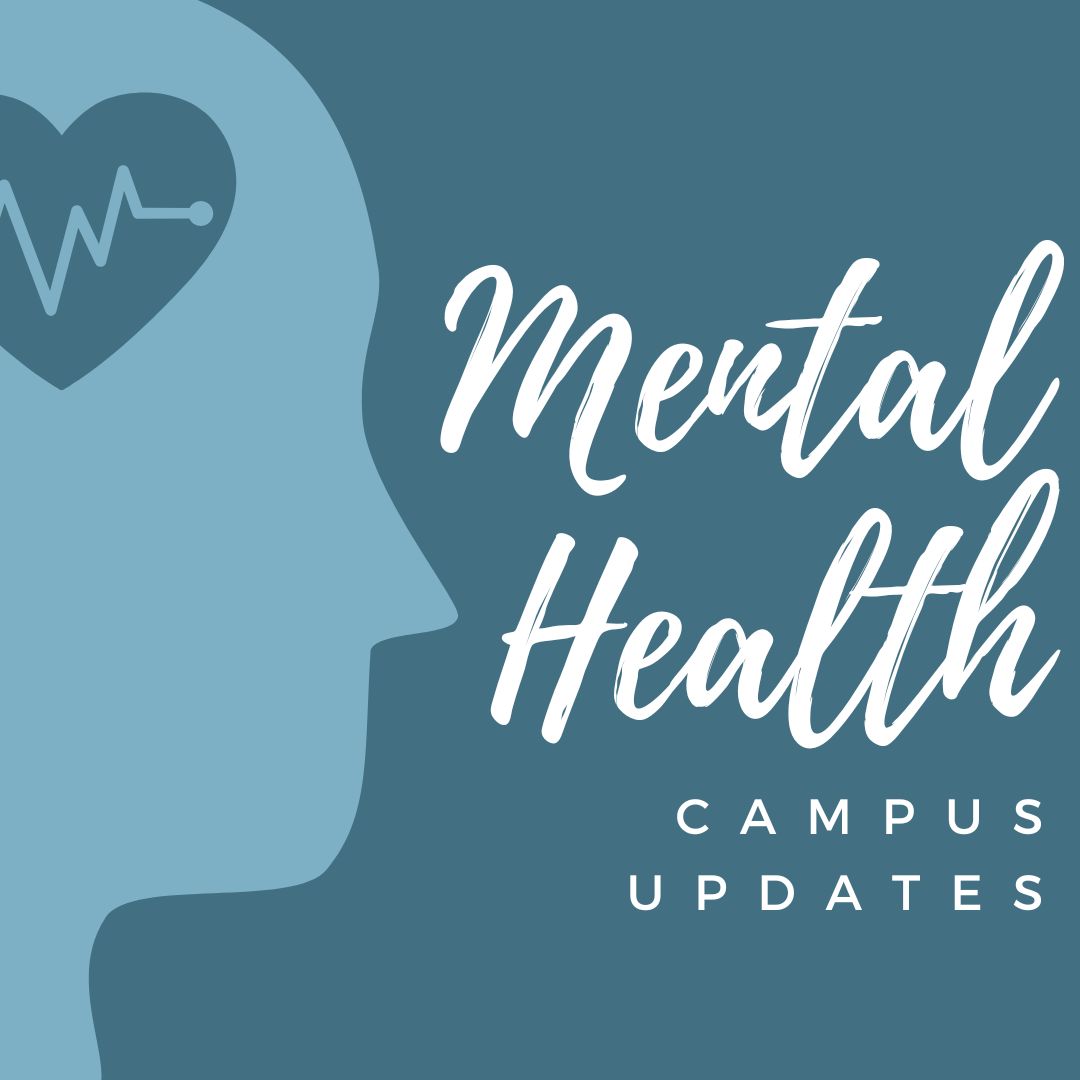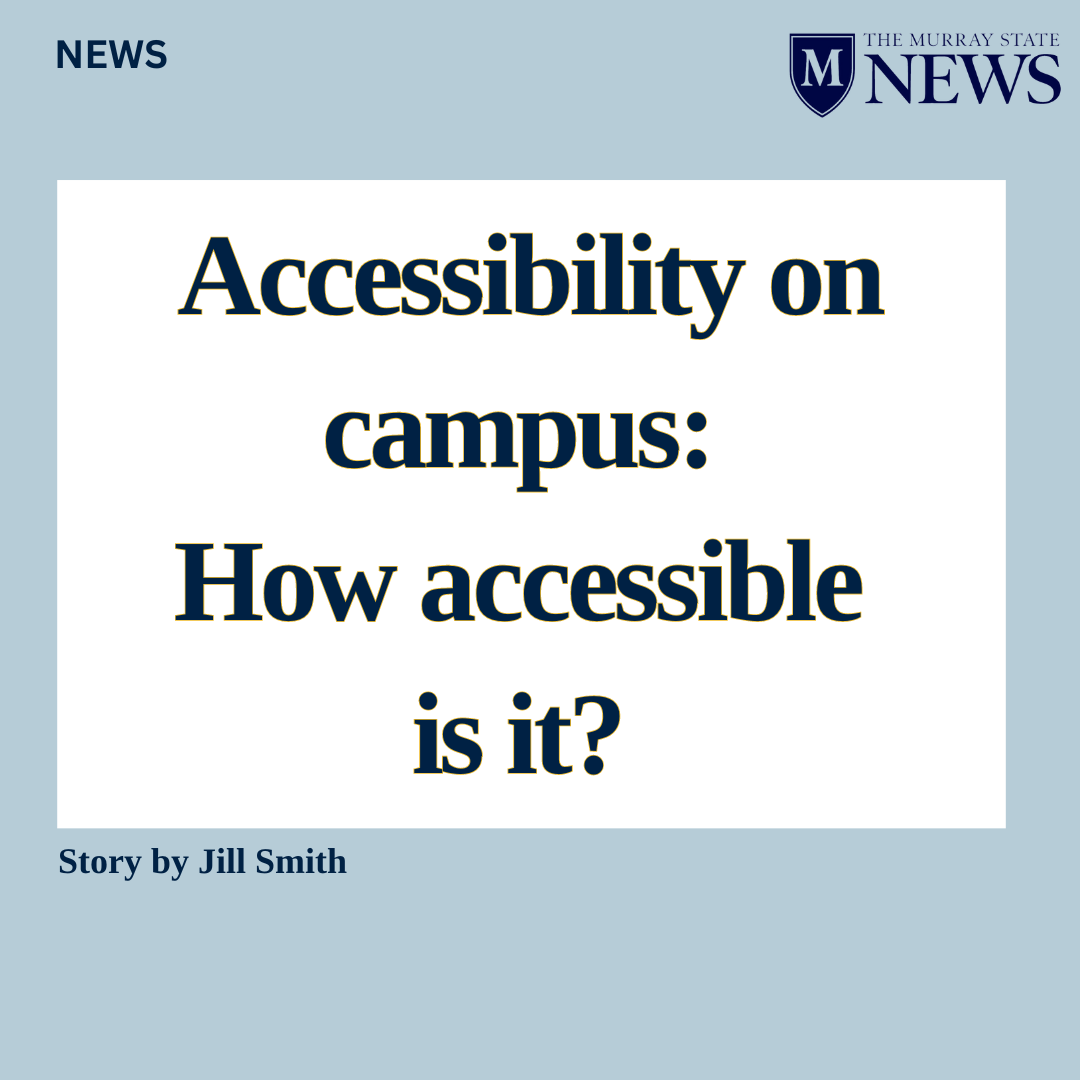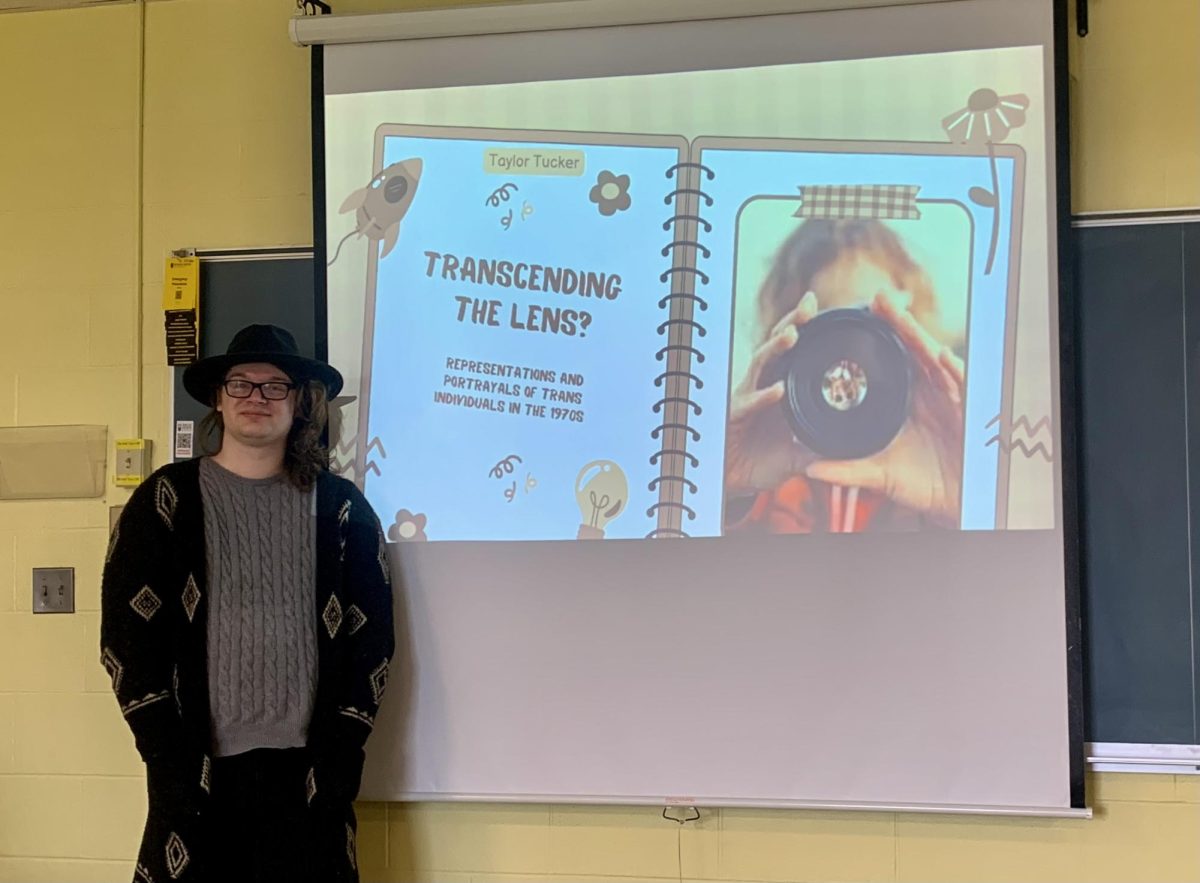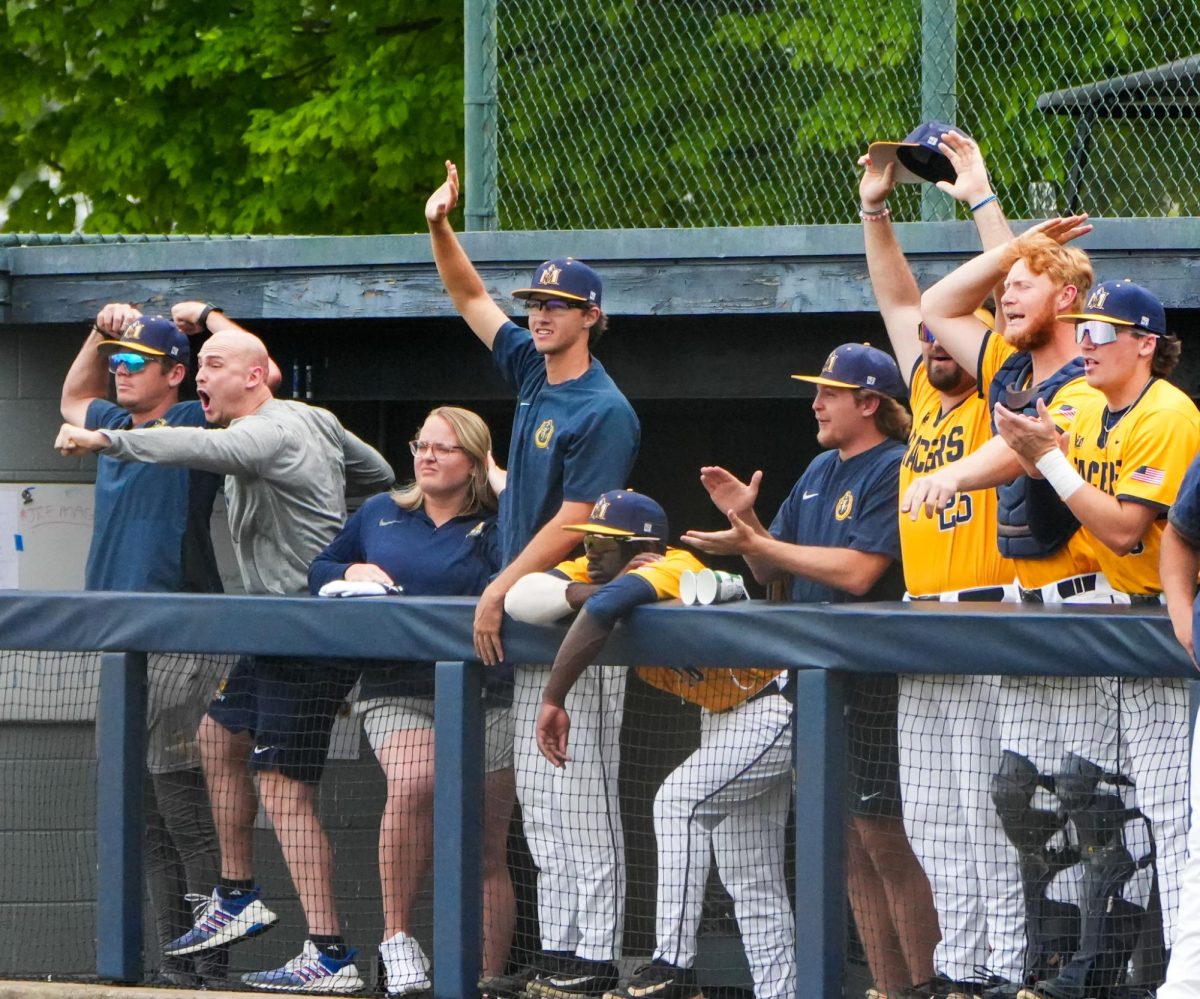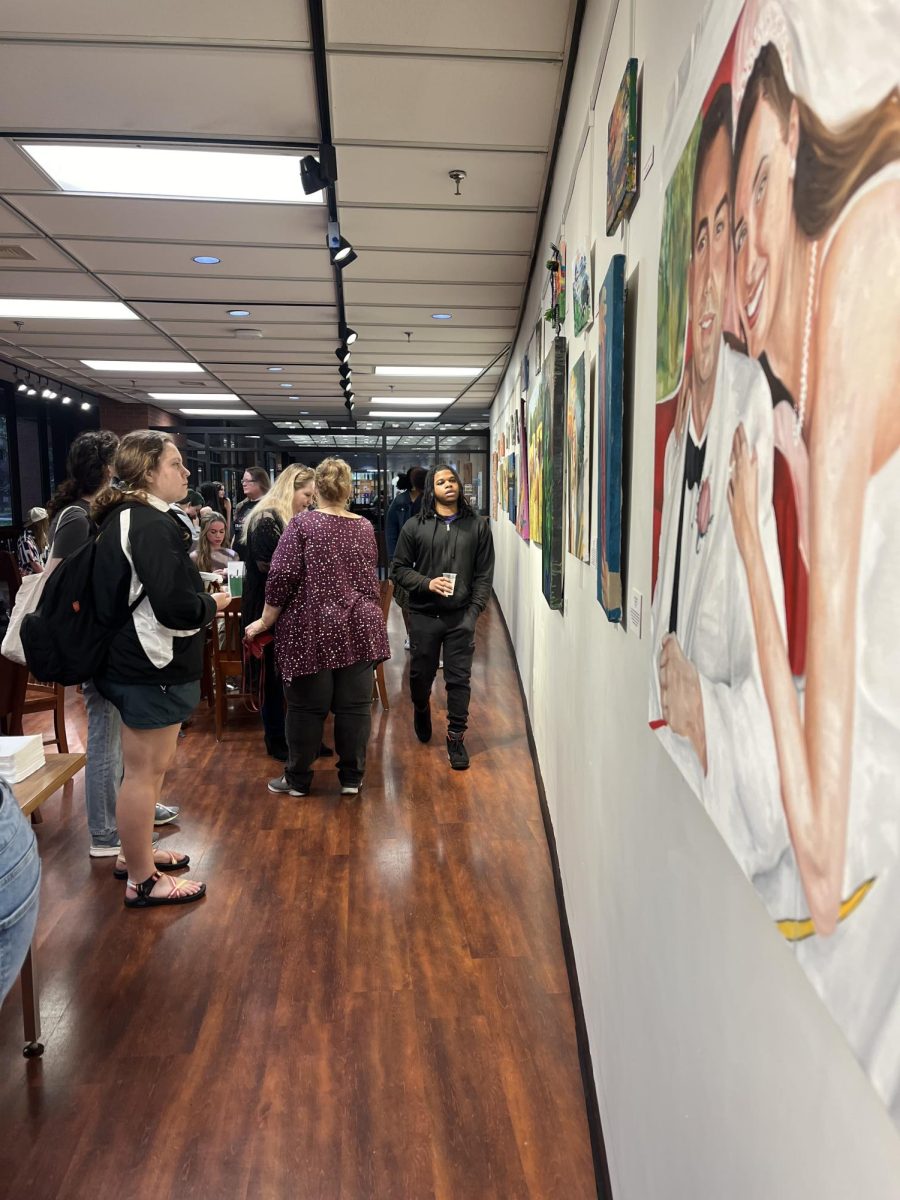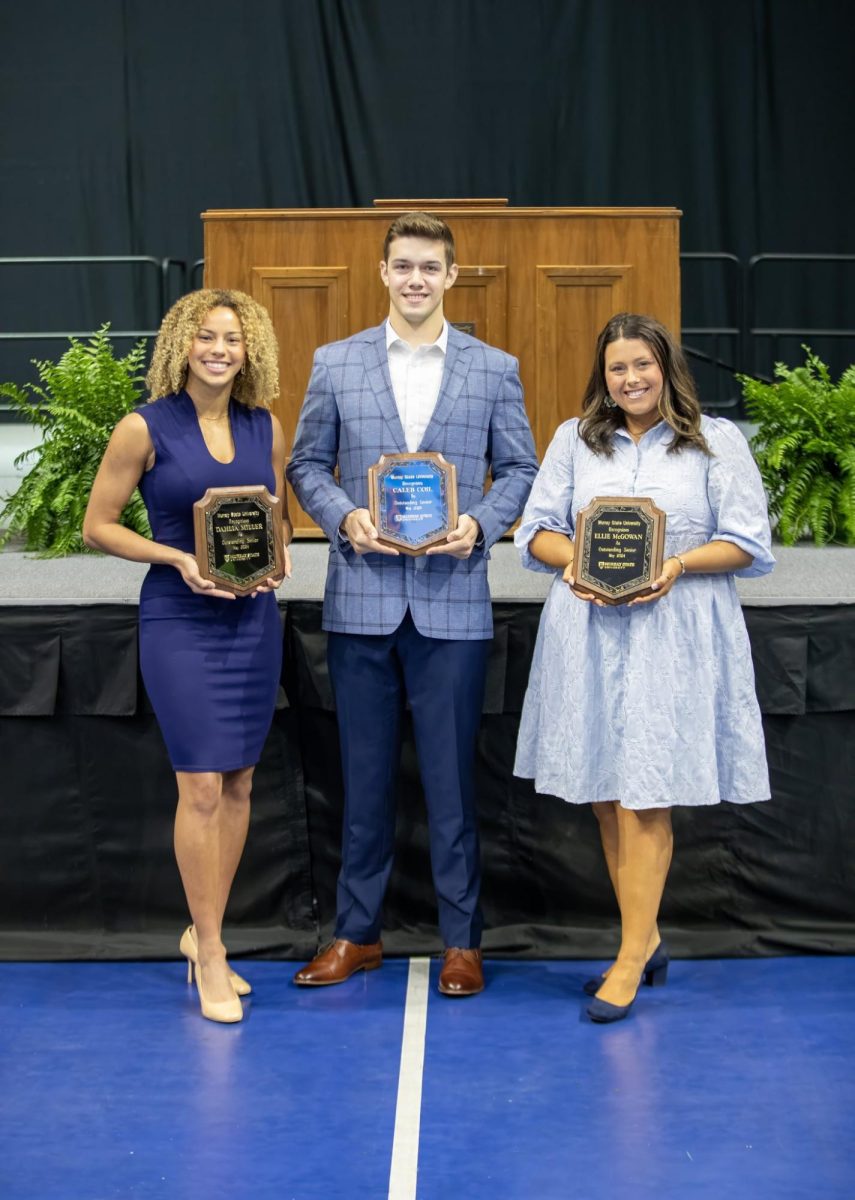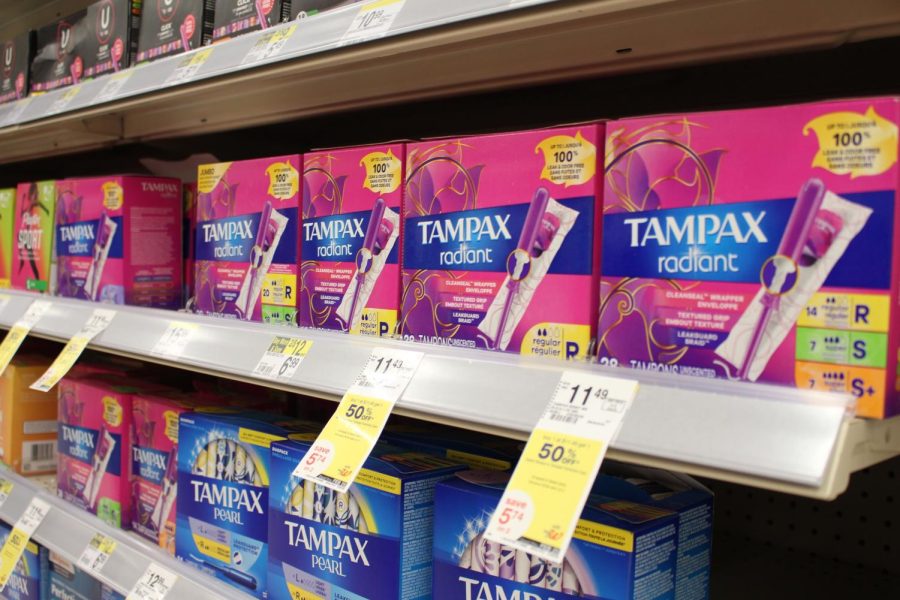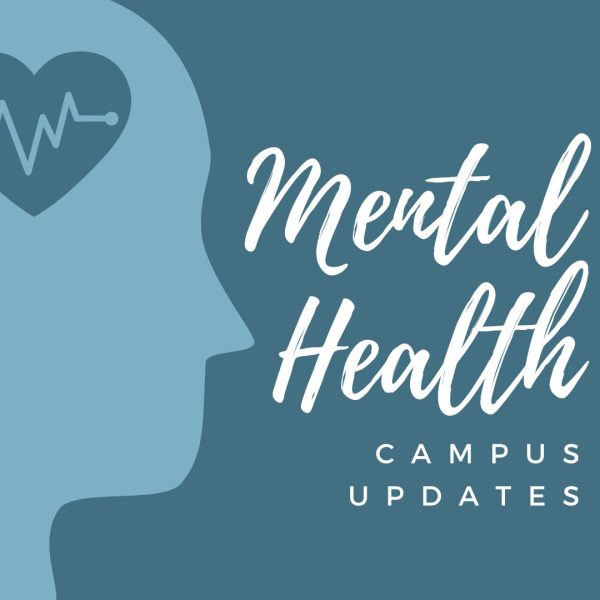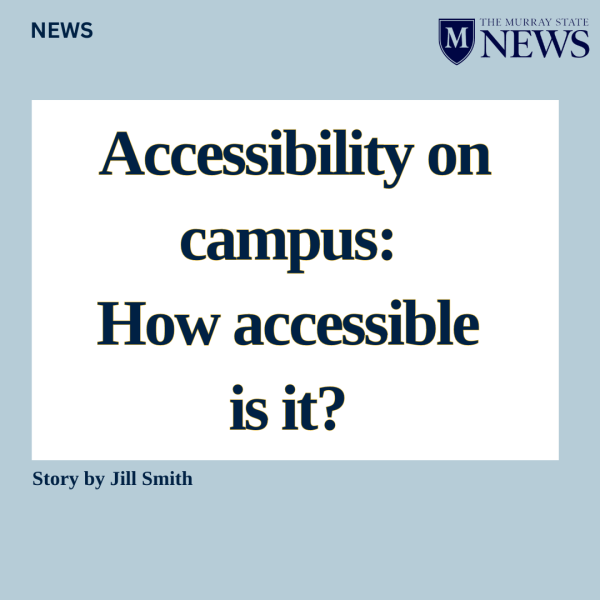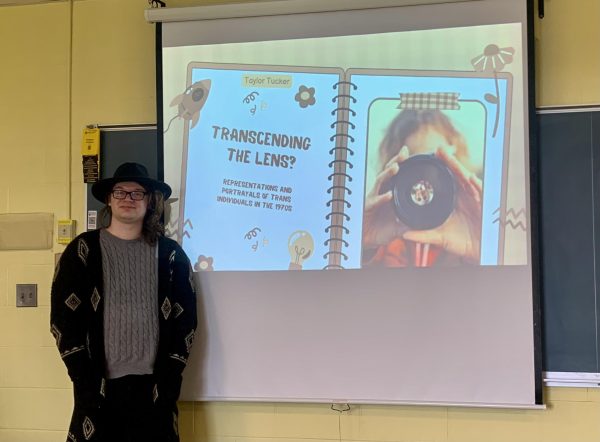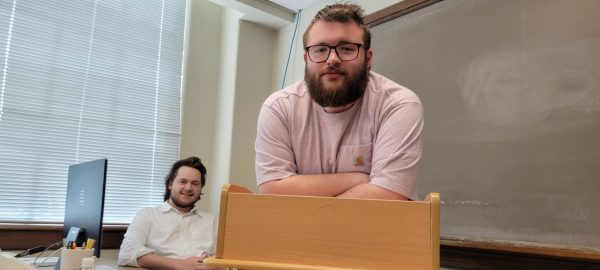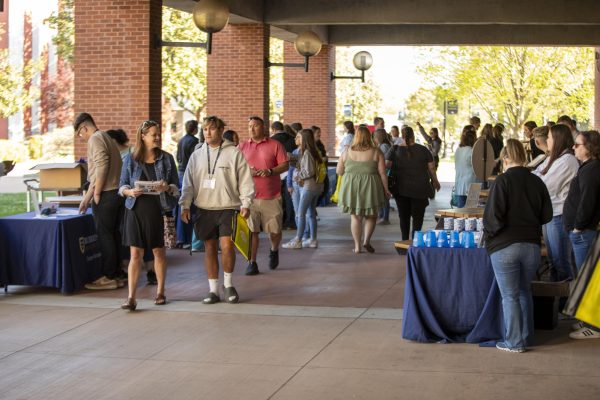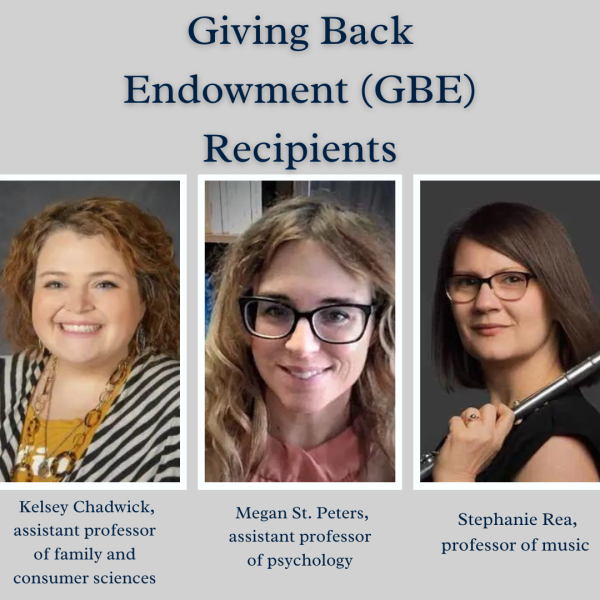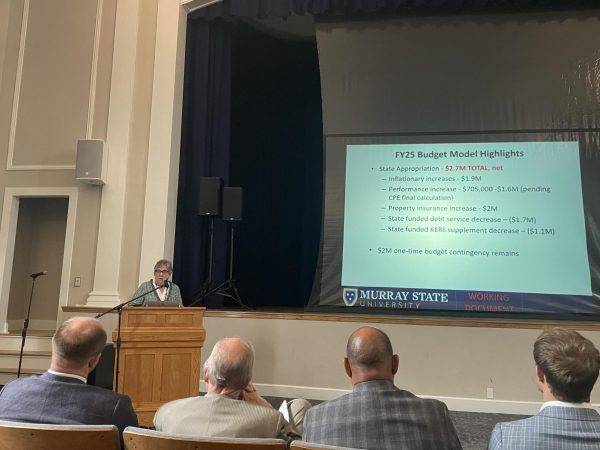Kentucky bill proposes period tax removal
Kentucky is one of 22 states to still have a tax on menstrual products, HB 142 is trying to reverse that (Dionte Berry, The News).
February 23, 2023
Anyone in need of period products currently pays a 6% sales tax in Kentucky, but a recent proposal hopes to eliminate that extra cost for millions in the state.
House Bill 142, introduced by Rep. Lisa Willner (D-Jefferson), aims to remove the sales tax placed on period products such as pads, tampons and menstrual cups.
This bill has garnered bipartisan support and is cosponsored by Rep. Samara Heavrin (R-Grayson/Hardin) and Democratic Reps. Ruth Palumbo, Daniel Grossberg and Tina Bojanowski.
Currently, 23 states and Washington, D.C. have passed legislation making period products tax exempt, according to the Alliance for Period Supplies.
Recent U.S. Census data show 16.6% of Kentucky residents live below the poverty line, which is determined using the Official Poverty Measure. This measure compares income, before taxes, against a household’s income that is set three times the cost of a basic food plan in 1963 and adjusted for family size.
Removing the sales tax would make these products more affordable, says Ember Price, a sophomore theater major
“Menstruation is a natural body function and shouldn’t be taken advantage of in an effort to get more money,” Price said. “The average college student already has tuition, food, books and so many other costs to worry about and not all of them can afford that alone. Adding another tax into the mix just hurts their available finances even more.”
Individual women can spend up to $18,000 on period products in their lifetime, according to the National Organization for Women In Kentucky, the average price for a box of tampons can range from $5-$8 while a box of pads can cost around $6.
Former Rep. Attica Scott (D-Jefferson) introduced a similar bill in 2019, but the bill didn’t receive a committee hearing and later died in a Republican-controlled legislature.
A student’s mental health can be impacted by lack of period products, said Antje Gamble, associate art and design professor and treasurer of the Gender Equity Caucus.
“If you can’t go to class, you can’t go to work, you can’t go to whatever because then you feel like a failure when it’s a systemic problem,” Gamble said. “You should be able to get access to basic necessities.”
Students affiliated with the Pride Center received a survey, with 80% of respondents saying finances impact their mental health, according to Abigail Cox, director of the Women’s Center and Pride Center. Students can visit the Women’s Center on campus in C102 Oakley Applied Science for assistance acquiring period products—no questions asked.
Cox said this service relies on donations from sororities and residential colleges, which helps provide resources to students each semester.
“Each semester, we average around 30 students who visit the Women’s Center for period products,” Cox said. “This year, we also distributed over 300 grab-and-go packs to RAs who wanted to have products available to help their residents.”
During COVID-19, the Gender Equity Caucus worked with another organization to fill blessing boxes in the community with period products.
This organization, Clutch, was founded in 2018 by Murray State alumna Kristen Farley.
Farley said this organization started after she couldn’t find an internship for her Organizational Communication program.
“We started collecting pads and tampons throughout the community, and then we partnered with a bunch of schools and correctional facilities and homeless outreach facilities as well,” Farley said. “I think at our height, we were delivering feminine hygiene products to 12 middle and high schools and various other places as well.”
Farley said she received requests often from individuals in need of products.
“I think people didn’t realize how much of a need there was until we had implemented Clutch into schools because they either made it throughout the school day or had to borrow from a friend,” Farley said. “When it was available, we’re kind of depleted pretty quickly, which was completely fine by me.”
The stigma around periods and period products can be linked back to the patriarchy, Gamble said.
“It’s seen as a taboo topic, even today, which is pretty hilarious, and it’s structurally set up that way,” Gamble said. “When I was a kid, they separated the boys and the girls in this very binary way.”
Price said we should be able to have an open discussion about menstruation and period products.
“It isn’t nasty, and I don’t care what people want to hear about anymore,” Price said. “It needs to be spoken about. There are too many kids and teens—and even adults—who don’t know everything going on with them. There are many who don’t know if something is wrong or not, so they’re over here trusting Google is correct because they feel too disgusted to ask anyone.”
HB142 has been introduced in the House Committee on Committees and is awaiting a committee hearing. For further information, see legislature.ky.gov.


